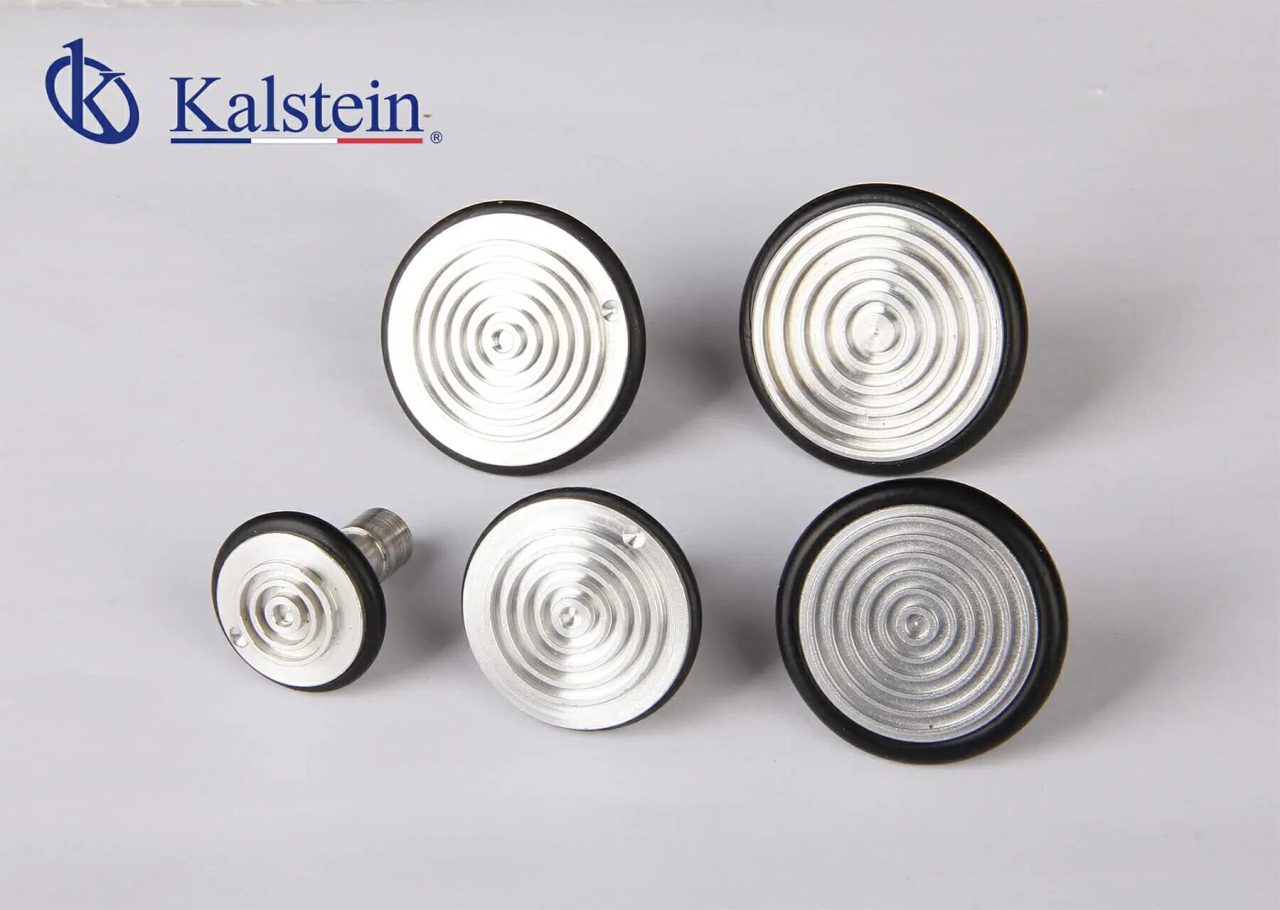Hematology reagents are an integral part of diagnostic medicine; these are used to help physicians diagnose and treat numerous blood-related diseases, such as anemia, leukemia, lymphoma and many other serious diseases.
These reagents are used to improve the safety and performance of medical procedures; many times, physicians prefer this class of reagents as compared to other types of reagents to obtain their results.
Importance of using hematology reagents in laboratories
Hematology reagents are unique in that they provide detailed information about different blood components, such as red blood cells, white blood cells and platelets; this information is vital for the correct diagnosis and treatment of many diseases, such as AIDS, anemia, leukemia and lymphoma.
These test results can also help physicians decide whether a patient needs a bone marrow transplant to treat a chronic disease.
Hematology reagents are very useful but many times there are components in the reagents that physicians and laboratories are not aware of
These components can include chemical components, biological material and organic compounds that play a key role in the outcome of blood tests, the same, can be difficult to discover and can provide important data to help physicians obtain a more accurate diagnosis.
This is why; they are considered the “best kept secret” of hematology reagents; demonstrating the essential components of hematology reagents is a challenge for any laboratory.
Reagent compounds are often present in very small amounts in blood:
In order to analyze these compounds, a laboratory must have sophisticated equipment that is capable of detecting their presence using a wide range of chemical techniques; unfortunately, this equipment can be extremely expensive for any laboratory, even state-of-the-art ones.
That is why, for some years now, some research groups have been working hard to unravel the mysteries of hematology reagents, using innovative chemical techniques, such as mass spectrometry, that can detect the presence of organic and biological compounds in blood.
These techniques become increasingly sophisticated over time and the test results become more and more accurate
This information is vital for research, as it can help scientists better understand how the blood works and the disorders that can affect it; there are also some laboratories that use modern screening techniques to obtain rapid results.
Moreover; these high-speed detection techniques allow laboratories to easily analyze the known components of hematology reagents, as well as any unknown compounds.
Hematology reagents are one of the essential components of modern medicine and discovering their best-kept secrets can provide even better medical results
In short; since the discovery of the unknown components of hematology reagents, laboratories have become much more efficient, this has helped scientists to better understand how our body works and to better investigate diseases.
As a result of all these advances, laboratories can now provide more accurate test results to help physicians diagnose and treat many diseases.
At KALSTEIN as a MANUFACTURING company, specialists will be able to get the reagents that the market offers in good quality and at the best price
In the link below they will be able to choose the reagent needed for their investigations HERE
In Kalstein as a manufacturer company you can get the best reagents, just visit our website HERE to enjoy great deals and unbeatable prices, because we are MANUFACTURERS and we can guarantee your effective purchase.

